 Oklahomans eat dinner with family members, exchange favors with neighbors, and volunteer more frequently than the citizens of most other states, according to a study conducted by the University of Central Oklahoma. Social cohesion in Oklahoma appears to be strong. However when it comes to political action and advocacy, Oklahomans are famous for being disengaged. Less than 30 percent of eligible voters bothered to show up at the polls in 2014. Worse yet, Oklahoma ranks 50th in the nation for overall elections performance.
Oklahomans eat dinner with family members, exchange favors with neighbors, and volunteer more frequently than the citizens of most other states, according to a study conducted by the University of Central Oklahoma. Social cohesion in Oklahoma appears to be strong. However when it comes to political action and advocacy, Oklahomans are famous for being disengaged. Less than 30 percent of eligible voters bothered to show up at the polls in 2014. Worse yet, Oklahoma ranks 50th in the nation for overall elections performance.
Why is that? Why do we Oklahomans rank 8th in the nation for eating dinner with family but 30th for discussing politics – around the dinner table or elsewhere? Oklahomans have a strong spirit of service and robust social networks. Why don’t we combine these tremendous assets to address the problems plaguing our state? Here are some of the barriers that can prevent Oklahomans from advocating for better policies and what we can do to surmount those barriers.
Recognize the Need. First, we need to recognize that a need for advocacy exists. With emergency mid-year budget cuts and historic revenue failures in our recent history, the need is clear. Oklahoma needs to grow revenues if we want to address serious continuing problems of high poverty, poor health, struggling schools, and more.
Fear of conflict. One of the biggest barriers to citizen advocacy proposed by the Oklahoma Civic Health Index is fear of conflict. Oklahomans are known for being friendly folks and most of us avoid discussing politics – presumably to maintain that friendly atmosphere. Unfortunately, avoiding conflict to “keep the peace” actually ends up creating more conflict by allowing small resentments to build up into major divisions. It’s understandable that people don’t want to risk talking politics if it means they might alienate a member of their social circle. It’s worthwhile to risk the topic though. Building positive social relationships with people of diverse ideologies is the very thing that promotes understanding, compromise, and the adoption of pragmatic solutions that serve everyone’s interests. In short, we’ll never find a common ground to build upon if we don’t first talk to people.
The trick to engaging in potentially conflict-riddled conversations is to approach them with curiosity and compassion rather than judgement or defensiveness. Therapist and Psychology Today blogger Bob Edelstein advises, “We can remind ourselves that the person we are talking to is human, too. There is nothing they can say that we ultimately can’t understand on some level, because we are all on the same human journey.” This approach creates an atmosphere of psychological safety wherein people feel valued and safe. They are then much more open to taking the interpersonal risks required to share their honest opinions and to engage deeply with the conflicting opinions of others — the first steps toward change.
Lack of resources. Effective advocacy takes time and access to reliable, fact-based information. It also helps to have a network of fellow advocates to reach out to for support, not to mention the fact that more bodies equals more attention. Oklahoma Policy Institute offers a wealth of timely and credible information, analysis, and ideas that advocates can count on to keep them informed. And Together Oklahoma has formed advocacy chapters that make it easy for folks to meet and work with others in their districts.
Likelihood of success. Social scientists know that before people take risks, most of us estimate our likelihood of success. The Oklahoma Legislature has been rated as THE most conservative in the nation, so it’s understandable that folks might think that advocating for a better budget would simply fall on deaf ears. The majority is in power, so they must like it this way, right?
Wrong. What most people don’t know is that Oklahoma voters are actually pretty fairly distributed between the two major parties, and a strong majority of voters are not on board with recent tax and budget decisions by lawmakers. Even more encouraging is that based on the voting records of individual legislators, a strong budget for Oklahoma isn’t a partisan issue. Representatives from both parties have supported common-sense, pragmatic approaches to increasing revenue and filling budget gaps. We need to let those legislators know we support them just as much as we need to hold the other legislators accountable.
So what are we waiting for? Let’s each take a step on the path of advocacy by committing to have one conversation about Oklahoma’s budget policies this week. It can be at your family dinner table or standing in the yard with your neighbor. Educate yourself on the steps Oklahoma can take to ensure prosperity for all Oklahomans, sign up to join your Together Oklahoma chapter, take a deep breath and go have those conversations! Remember, moderate conflict handled constructively is healthy and vital to a thriving democracy. Oklahoma needs your voice, and Together Oklahoma is here for support.







